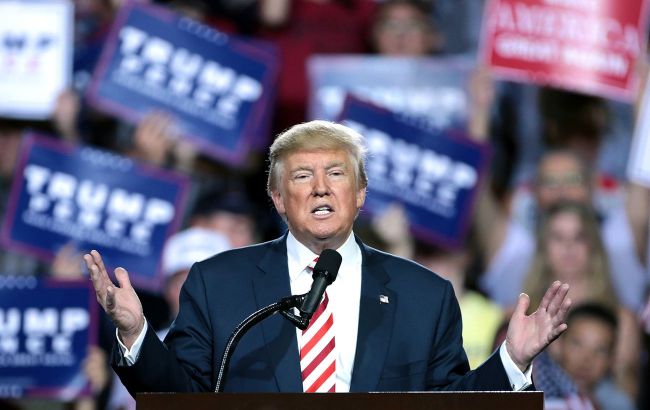Trump forced to file financial report to avoid property arrest
 Former US President Donald Trump (photo: Gage Skidmore/flickr.com)
Former US President Donald Trump (photo: Gage Skidmore/flickr.com)
The Supreme Court of the state of New York rejected documents filed by Donald Trump regarding a $175 million bond in a civil fraud case due to the lack of a current financial report from the politician, reports Newsweek.
In the electronic filing system of the court, it is noted that Trump's bond/undertaking was returned for correction.
"The court has returned the documents listed below for the following reasons: Please include a current financial statement and Power of Attorney. Additionally, please list the name of the Attorney-in-Fact under the signature line on the Undertaking. Please use the Refile Document link for Doc. No. 1707 to resubmit the corrected filing. Thank you and have a great day," the court message says.
Case of civil fraud involving Trump
In February, Supreme Court Justice Arthur Engoron ruled against Trump, his two eldest sons, Donald Trump Jr. and Eric Trump, and other individuals associated with the Trump Organization. They were accused by New York Attorney General Letitia James of inflating the assets of the former president and the value of his property to obtain better loan and insurance terms.
Specifically, Trump inflated the value of real estate, including his Mar-a-Lago estate in Florida, the penthouse in the Manhattan skyscraper Trump Tower, as well as various office buildings and golf courses.
The court process in the case has focused on how much the politician should pay in fines. On February 24, New York State Judge Arthur Engoron officially ordered Trump to pay $454.2 million after finding him guilty of manipulating his capital. The deadline for the decision was set for March 25. Trump's lawyers claimed it was impossible to pay such an amount.
Trump appealed this decision. On March 25, the appellate court suspended the decision of the Supreme Court of New York and ordered the politician to post a $175 million bond within 10 days, guaranteeing immunity from asset seizure.
On Monday, April 1, Trump posted a $175 million bond, ensuring that Attorney General James would not seize any of his assets or bank accounts during the appeal.

